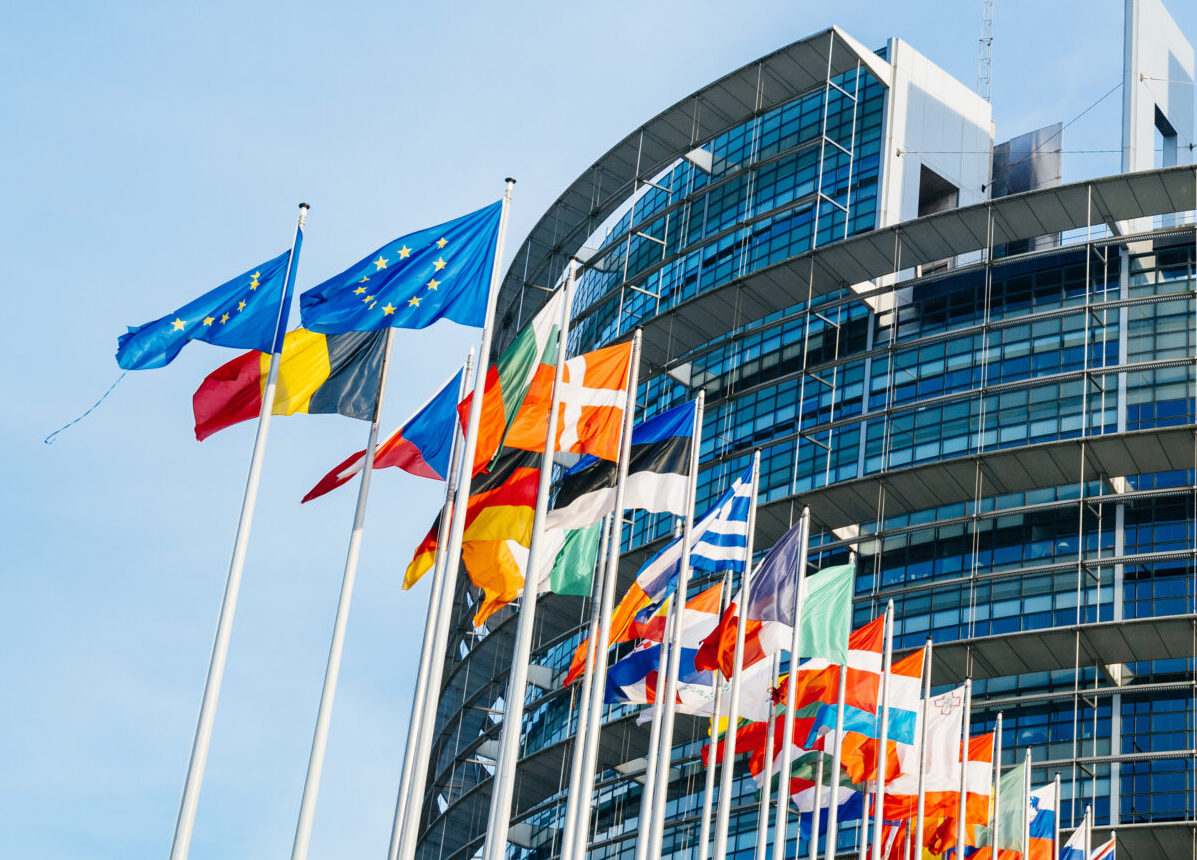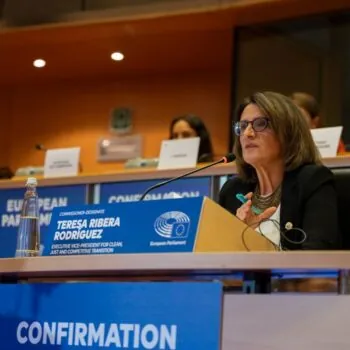We at E3G, together with the European Council on Foreign Relations (ECFR), Carnegie Europe, Egmont Institute, Jacques Delors Institute, MRIA, UCD School of Politics and International Relations (SPIRE) and the Brussels Institute for Geopolitics, have co-signed a letter to EU national finance ministers and the EU’s Budget Commissioner Piotr Serafin, highlighting that green investment is needed as a matter of European security.
The letter says energy policy is an essential part of Europe’s future security and resilience, emphasising that long-term stability relies not only on military strength but also on reducing dependency on volatile energy supplies.
Recent geopolitical events have prompted moves to strengthen and consolidate the EU’s defences, and the letter calls for an acceleration of the green transition as an essential element of future strategic autonomy.
“We urge you to adopt a holistic approach to security during upcoming discussions of the Multiannual Financial Framework. It is not a question of choosing between defence or green energy spending — both are essential and mutually reinforcing. Neglecting one undermines the other,” the letter says.
“By prioritising domestic renewable energy production and development in infrastructure such as electricity grids, fostering resilience against climate impacts, and maintaining strong international partnerships, the EU can secure a future where peace and stability are built on a sustainable, shock-proof foundation.”
The letter points out that:
- Investing in renewables and energy efficiency not only bolsters the EU’s geopolitical standing but also reduces dependence on unstable relationships.
- Europe has considerable resources in wind, wave, and solar power. Analysis shows that clean technologies and renewables could replace two-thirds of Russian gas imports by 2025, saving €60 billion in fossil fuel imports by 2030.
- Cooperation on clean energy can additionally strengthen alliances with low- and middle-income countries in the European neighbourhood, fostering shared regional prosperity and building resilience in regions where climate change in itself is a driver of instability that threatens peace.


